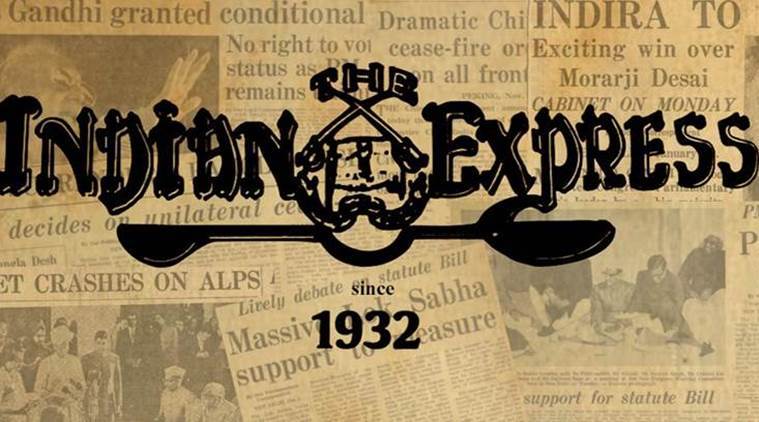Opinion Emperor forever
On his 138th birth anniversary, Munshi Premchand remains as relevant to our times as he was to his own era. Perhaps more so
 But check with anyone who has been a regular on the cricket circuit for the last few years, and they will tell you that this isn’t about the captain’s mis-interpretation of patriotism.
But check with anyone who has been a regular on the cricket circuit for the last few years, and they will tell you that this isn’t about the captain’s mis-interpretation of patriotism.  A century ago, he set down in print what can no longer be clearly articulated, and it remains etched in stone forever.
A century ago, he set down in print what can no longer be clearly articulated, and it remains etched in stone forever.
Munshi Premchand, who turned Hindustani literature resolutely in the direction of politically and socially aware realism, moved to another dimension on his 138th birth anniversary. We have been familiar with his work on the printed page and on the film screen. But this year, his presence was felt on social media. President Ram Nath Kovind tweeted a tribute, along with West Bengal Chief Minister Mamata Banerjee, BJP president Amit Shah and Union Minister of State for Culture Mahesh Sharma. And Premchand’s essay “Sampradayikta aur Sanskriti (Communalism and Culture)”, which is circulating on social media, remains shockingly relevant 84 years after it was published.
Premchand was initially dismissed by critics as an immature writer, on account of erratic craftsmanship, but he could not be faulted on the choice of subject. Some of his earliest works betrayed the reformist concerns that would make him influential later in life — the condition of women, the poor and marginalised. While Godan, which explores the lives of the rural poor, is his most famous work, his short stories and lesser-known works were commitedly reformist, and took on live-wire issues of the time, like widow remarriage. Some, like “Seva Sadan (Bazaar-e-Husn)”, which looked at the rehabilitation of sex workers, could be easily set in the present day. Premchand was also one of the first movers on corruption, which is seen in the short story “Namak ka Daroga”, about an inspector of the salt trade. It reads like a precursor of “Ardh Satya”, minus the violence.
At a time when culture has become viciously contested territory, and when a flourishing industry of hurt sentiments mints political coin, Premchand remains a moral sheet-anchor for writers and readers. A century ago, he set down in print what can no longer be clearly articulated, and it remains etched in stone forever.





